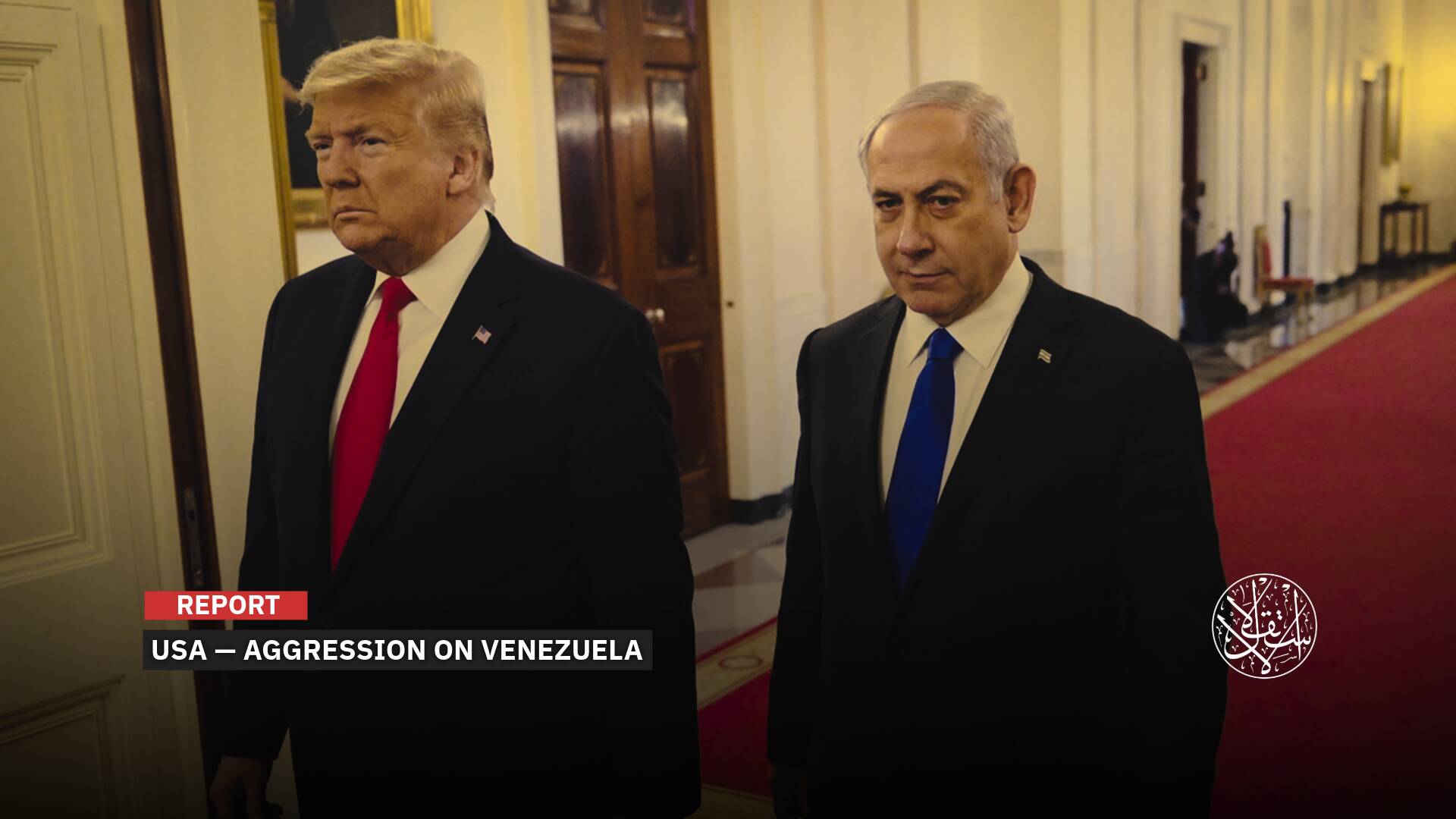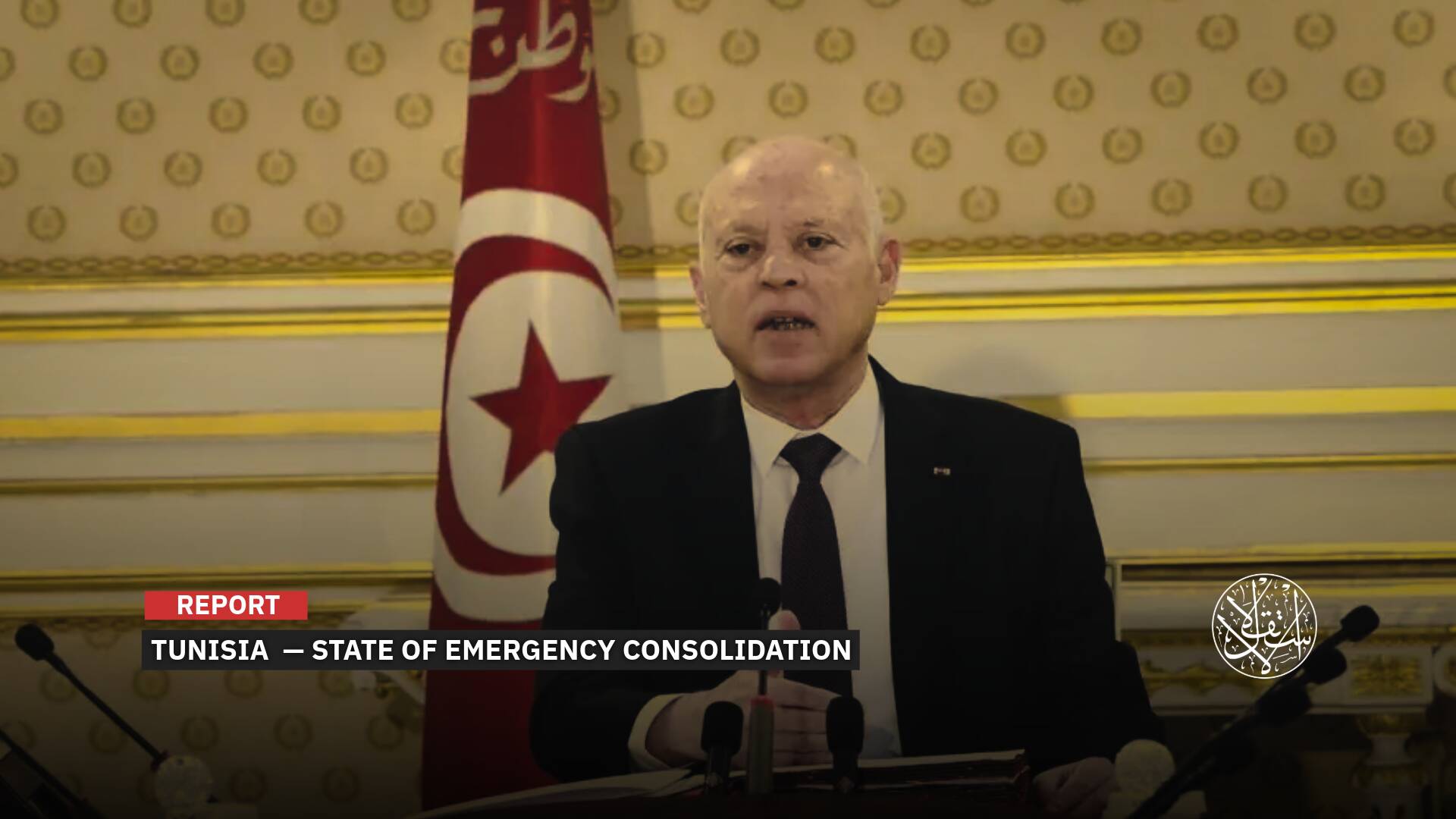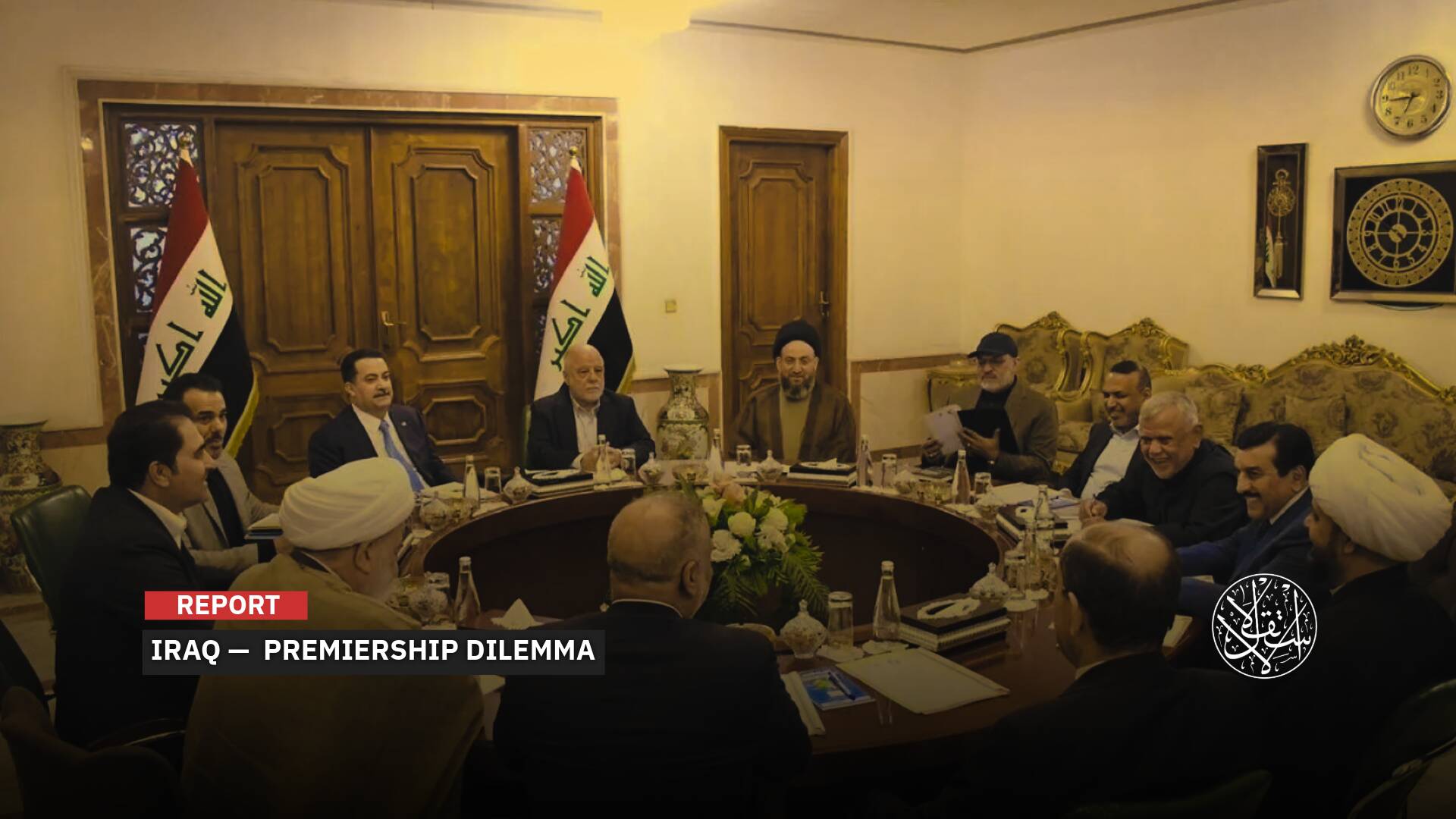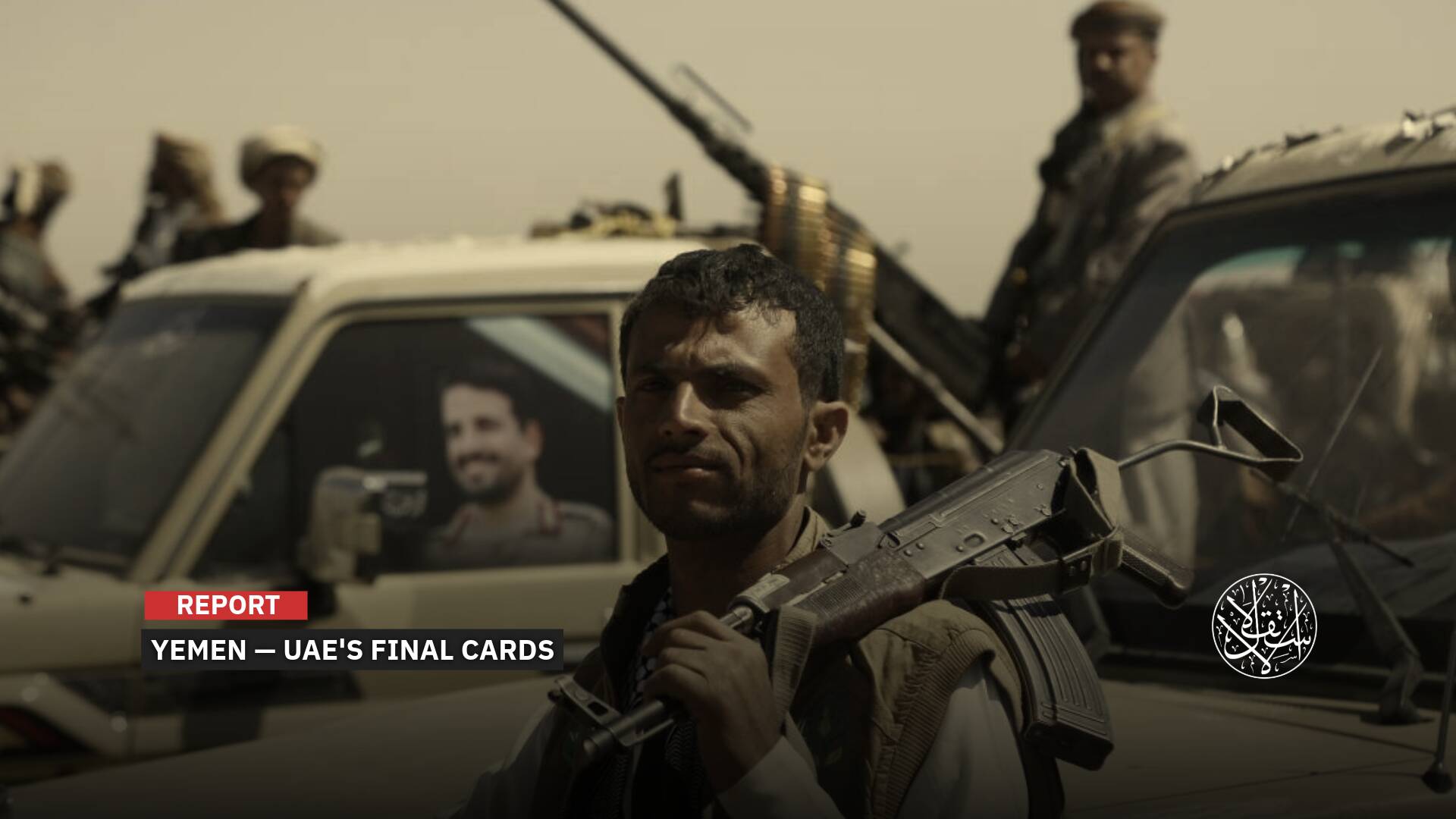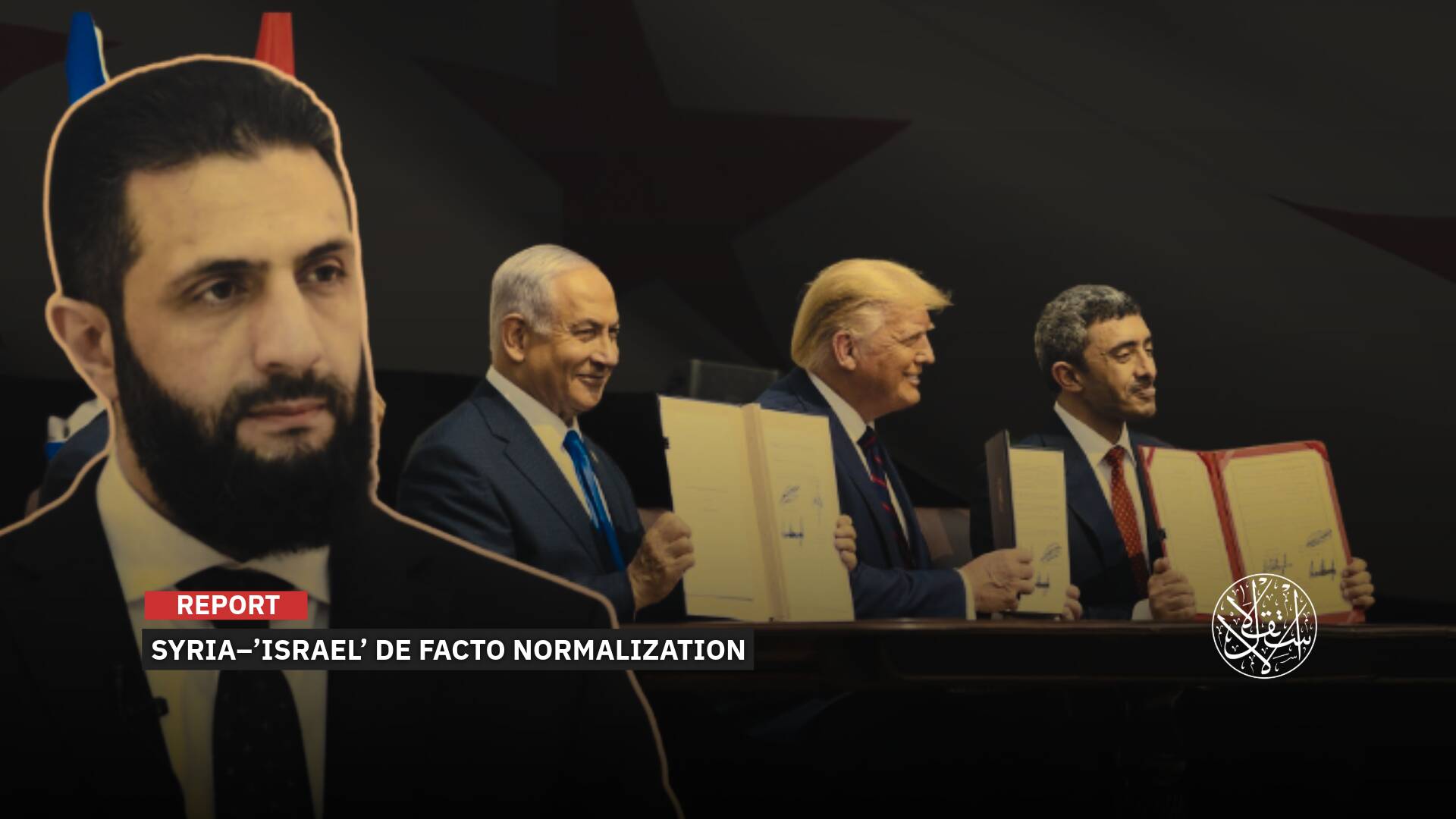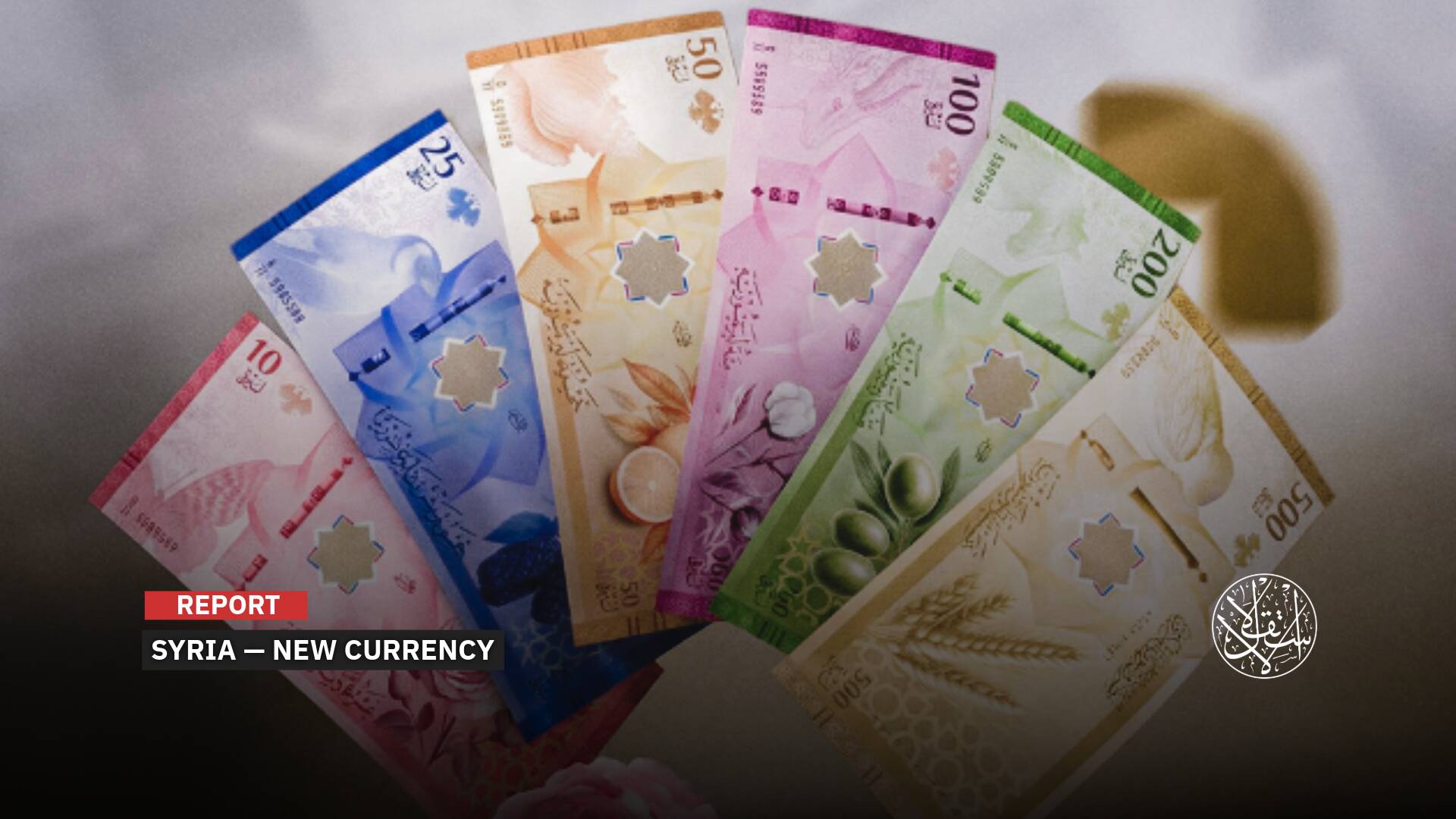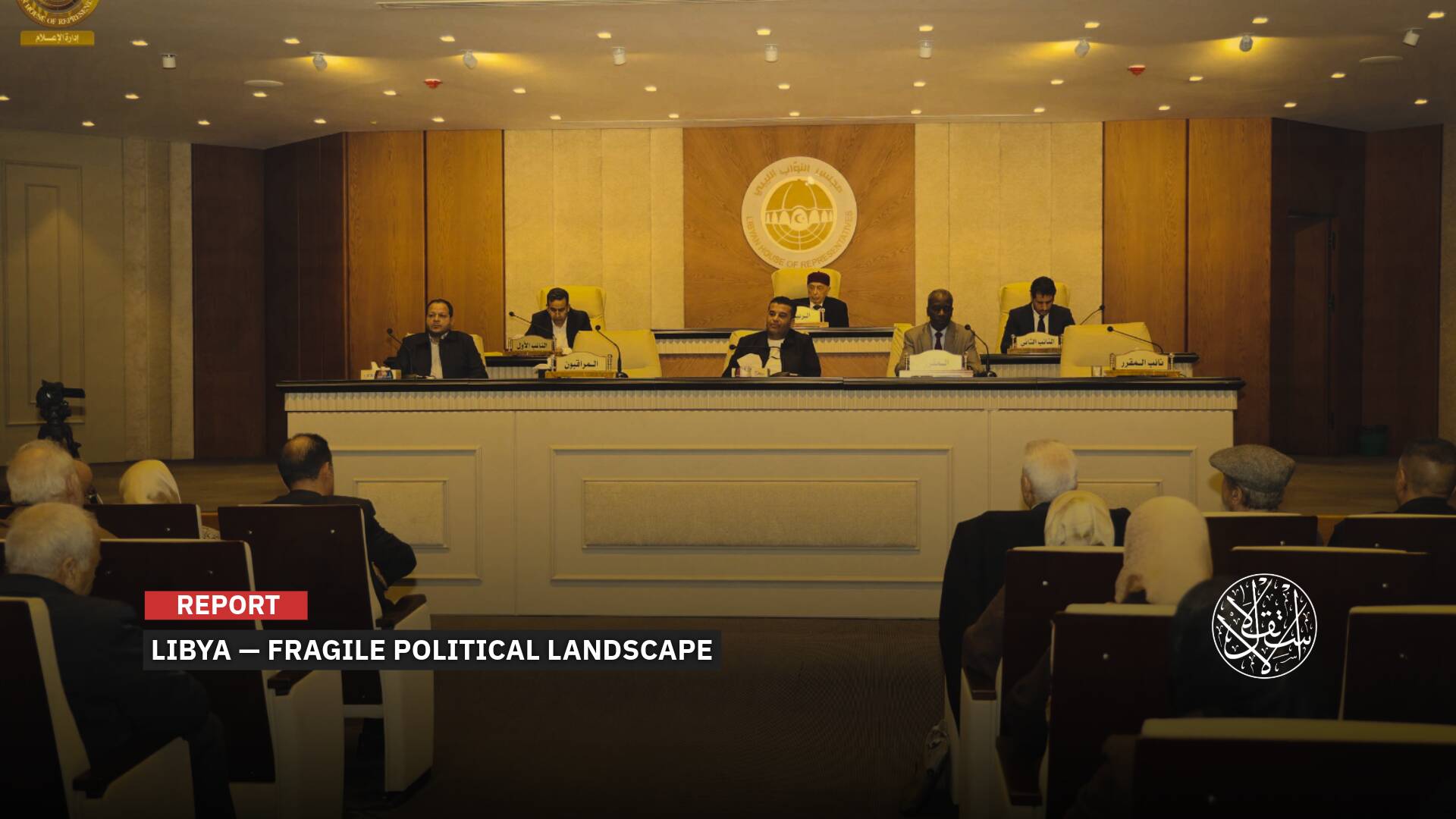Fierce Race: Why Are Iraqi Candidates Competing Hard for the Top Spot on the Ballot?

The brigades’ local production of weapons highlights their battlefield evolution and ability to innovate.
Iraq’s election lists are witnessing fierce battles as intense as the fight for parliamentary seats, with early contests erupting within political alliances over the coveted top spot on candidate lists.
This rivalry is especially heated in Baghdad, a hotbed for political figures vying to capture the largest share of voters.
The parliamentary elections are set for November 11, 2025, with over 400 political parties already gearing up and launching campaigns two months ahead of time.
All are competing to attract votes from nearly 28 million eligible voters out of the country’s 46 million population, aiming to secure one of the 329 seats in the Council of Representatives.

‘A Distinguished Number’
The top position in the sequence of electoral alliances has transformed from a mere symbolic number into a competitive knot — a silent struggle over leadership, representation, and who will lead the upcoming phase. This has created a focal point of tension behind the political scenes.
Debates intensify within the electoral lists, especially in Baghdad, the capital, regarding who should be placed first in the candidate sequence. This issue goes beyond simple ordering and carries many significant implications.
Since the first elections held after the U.S. occupation of Iraq in 2003, the importance of candidate order on the ballot paper has emerged as a tool for electoral mobilization and a source of moral competition, particularly in large lists that include multiple leaders or political currents.
There have been many cases where candidates placed second or third have won, yet holding onto the number one spot remains decisive in shaping the influence map within blocs, both during the campaign and in post-election negotiations.
On the surface, the order of names on the ballot appears to be a mere administrative detail. But in the electoral reality, the first position serves as a headline concealing a battle for leadership. It is the number occupied by the list’s symbol and public face, carrying its promotional weight, as it shapes the entity’s image before the public.
“The competition for the number one spot in the list sequence makes some candidates feel like they are the primary representative of their community in that province. Voters, in turn, see them as the leader of the list they are voting for, and therefore cast their vote for them,” Latif al-Mahdawi, a researcher on Iraqi affairs, told Al-Estiklal.
“Some say the list adds the votes of other less-voted candidates to the first candidate, then moves on to the next in sequence if no higher votes are obtained.”
“Being candidate number one means being the list’s main bet, on whom the list counts to enter parliament. Therefore, even if he is not the leader of the list, he is the most focused-on figure in the promotional campaigns,” al-Mahdawi added.
“The person holding the number one spot is given a larger share of the list’s funds to promote himself among the groups he targets, whether it is his tribe, place of residence, or workplace.”
“The list’s candidates fall into three categories, A, B, C, with category A receiving the most focus for winning, usually including the first sequences,” he said.
According to Iraqi election law, voters cast their vote for the list and then for the candidate’s number. Votes are valid if marked for the list only, without specifying the candidate’s sequence. But if the opposite happens — voting for the candidate without the list — the ballot is invalid.

Cold War
While voters seek a vision, not just a title, and change rather than a position on paper, the battle among the leaders of political alliances and electoral lists revolves around the struggle for the top spot—the number one position on the list.
One clear example of this conflict is the withdrawal of Laith al-Dulaimi, a candidate for the Sunni Hasm alliance led by current Defense Minister Thabit al-Abbasi, who moved to another list led by current MP Ziad al-Janabi. This shift came after his name was not placed at the top of the Baghdad list (number one).
Activists on social media reported on June 27 that the leader of the Hasm alliance assigned the number one spot in Baghdad to candidate Falah Saeed Jarmat al-Dulaimi. This decision prompted former MP Laith al-Dulaimi to withdraw and accuse the alliance leadership of being outsiders to Baghdad.
Iraqi political analyst Raad al-Tamimi said that the “number one position has become a real internal crisis for many alliances that include parties with differing visions and interests but have temporarily united for electoral purposes,” describing the situation as a “cold war.”
“There are no fewer than six or seven lists quietly competing in a symbolic dispute over who deserves to lead the list,” al-Tamimi told Baghdad Today.
“The number one spot does not always guarantee victory, but it represents symbolic dominance within the alliance.”
Former Iraqi parliamentarian Iqbal al-Lahibi stated that “despite the silent nature of this conflict, its effects have begun to surface within the joint alliances.”
In a statement reported by the Iraqi Shafaq News on June 27, she said, “The race for the top of the lists has created real tensions, but they remain under control and have not turned into destructive disputes.”
“The number one position is granted to the person with the strongest political influence or popular presence, and is often used to signal to voters that this candidate is the leading figure and public face of the list.”
“Some forces push hard to win this position not only for electoral calculations but also to impose their vision on managing the campaign and forming the cabinet later,” al-Lahibi added.

Leadership Struggle
Most political lists and alliances have pushed their leaders to compete in the Iraqi capital. Most prominent leaders have nominated themselves in Baghdad, even though they come from other provinces.
Former MP Kazem al-Sayadi attributes this to the fact that “Baghdad has 69 parliamentary seats, which is equivalent to five provinces in the central and southern regions. So the work there is more concentrated,” as quoted by Shafaq News on June 26.
Al-Sayadi also noted that “the election battle in Baghdad is 10 percent about legislation and laws, while the rest involves exploiting power and money, buying votes and consciences, with the price of a single voting card reaching one million Iraqi dinars [approximately 763 U.S. dollars], and in some areas up to 300 U.S. dollars.”
Among the prominent leaders who ran for parliamentary elections in Baghdad, despite not being residents, are: current Prime Minister Mohammed Shia’ al-Sudani, head of the State of Law Coalition Nouri al-Maliki, Secretary-General of the Badr Organization Hadi al-Amiri, and head of the Progress Party Mohammed Al-Halbousi.
Other names competing for Baghdad seats include: current Iraqi Parliament Speaker Mahmoud Al-Mashhadani, his first deputy Muhsen Al-Mandalawi, current Minister of Higher Education Naeem Al-Aboudi, and Baghdad’s mayor Ammar Moussa.
The spokesperson for Iraq’s Independent High Electoral Commission, Jumana Al-Ghlay, said it is “normal for a person from one province to run in another.”
“It is true that most of these candidates are not originally from Baghdad, but they reside in the capital,” she told Rudwa.
Electoral lists primarily focus on the provinces of Nineveh in the north, with 36 seats, and Basra in the south, with 25 seats, in addition to the capital Baghdad, which holds 71 seats, as these provinces have the highest number of seats.
The Iraqi parliament consists of 329 seats: 320 general seats and nine minority quotas (Christians, Sabians, Shabak). At least 83 seats must be allocated to women.
On June 26, the Electoral Commission closed the registration period for candidates after rejecting any extension, marking the start of official procedures related to the election candidates.
Jumana al-Ghlay told INA that “the candidate registration phase for the parliamentary elections has ended,” noting that “the commission has now begun the verification process, which requires time due to the large number of candidates across all Iraqi provinces.”
“Verification is necessary to ensure the accuracy of the data before sending it to the competent authorities to confirm the candidates’ eligibility; the voter data update period ended on June 20, after it began on March 25, 2025,” she said.
Sources
- Baghdad’s Number One Expands: Eight Leaders Compete for the Capital [Arabic]
- Al-Sudani, al-Maliki, al-Amiri, and al-Halbousi Among Top Contenders for Baghdad in Upcoming Elections [Arabic]
- Sunni List Fragmentation and Fears of Exclusion: Will the Elections Shatter the Community’s Unity? [Arabic]
- "Number One" and the Dark Corners: The Battle for Symbolism and Leadership in the October 2025 Electoral Lists [Arabic]
- Iraq’s Electoral Alliances on Edge: A Silent Struggle for the Number One Spot [Arabic]
- Number of Iraqi Voters in the Upcoming Parliamentary Elections [Arabic]
- Electoral Commission Announces Upcoming Start of Candidate List Verification for Parliamentary Elections [Arabic]


